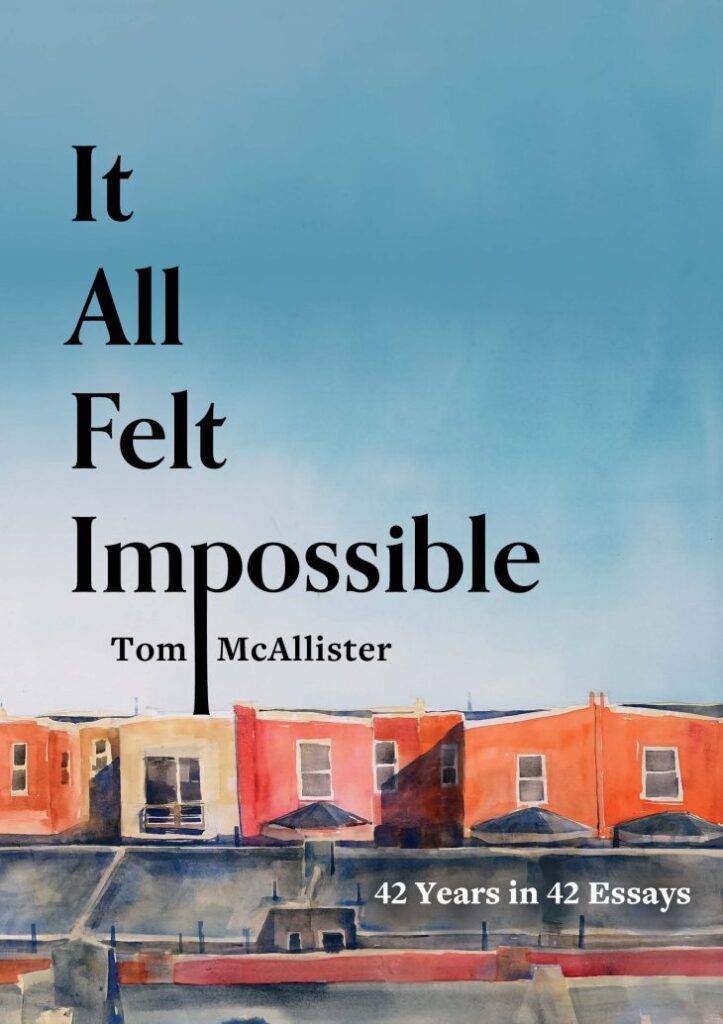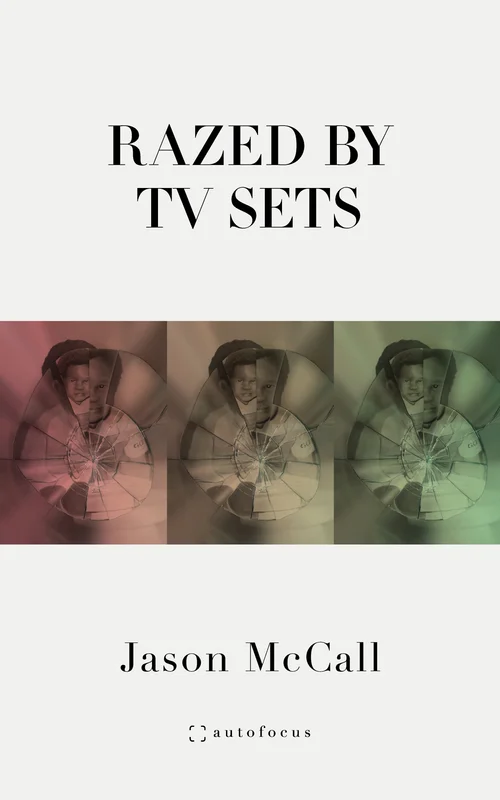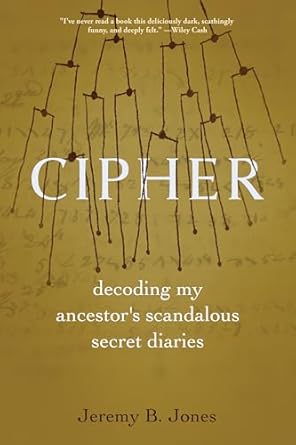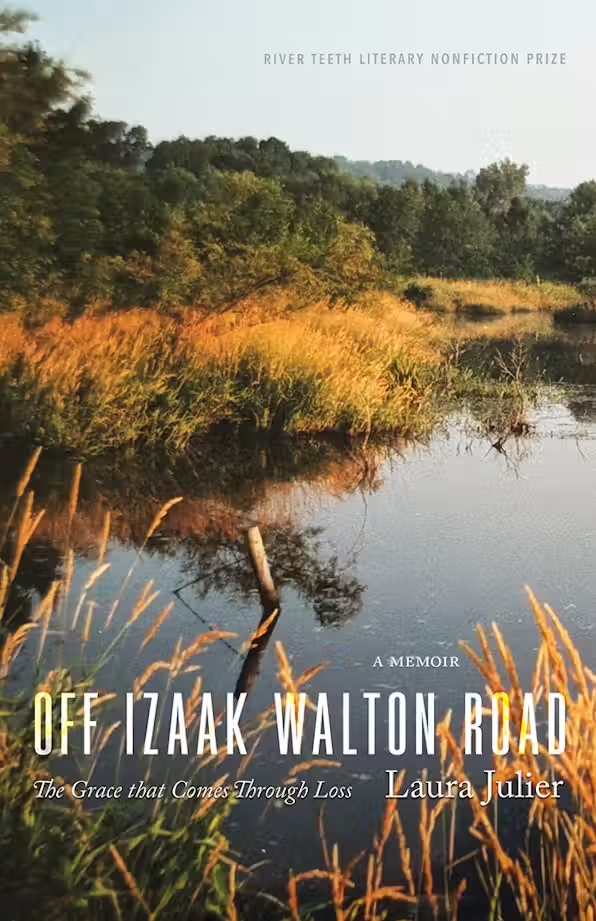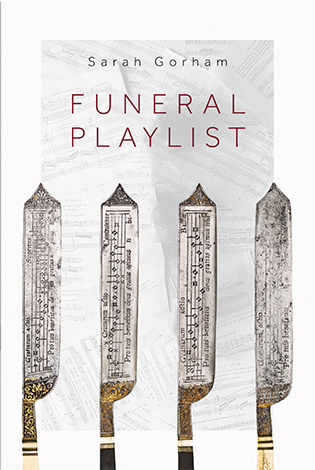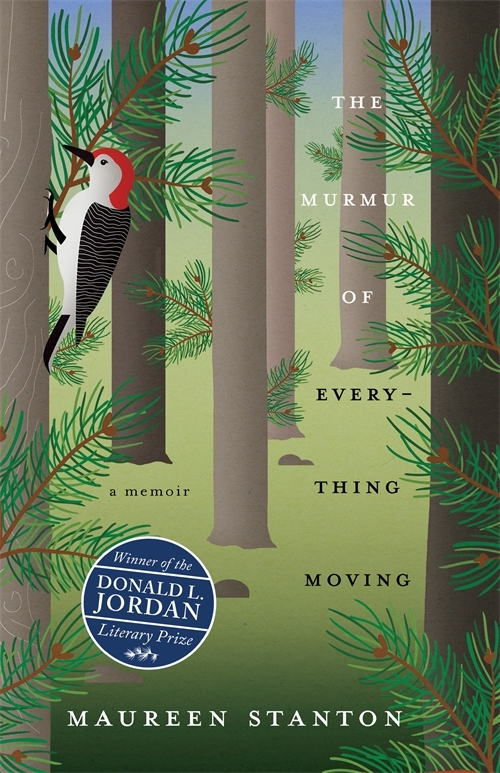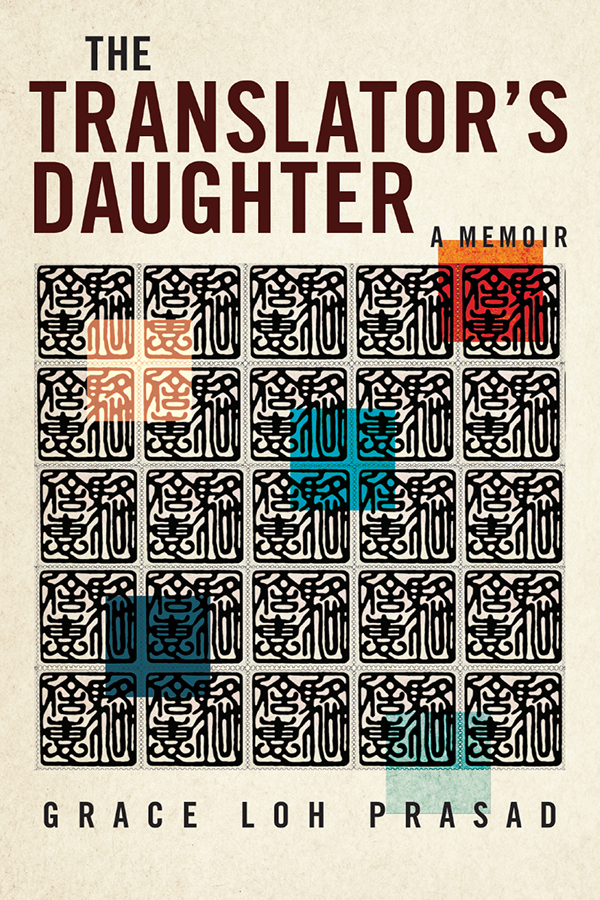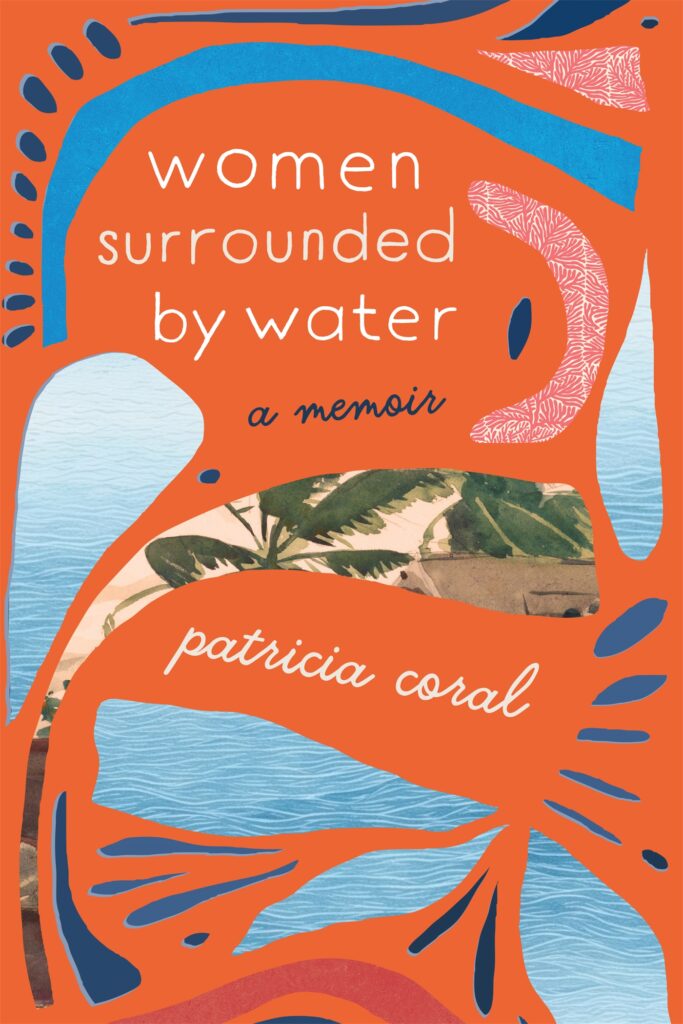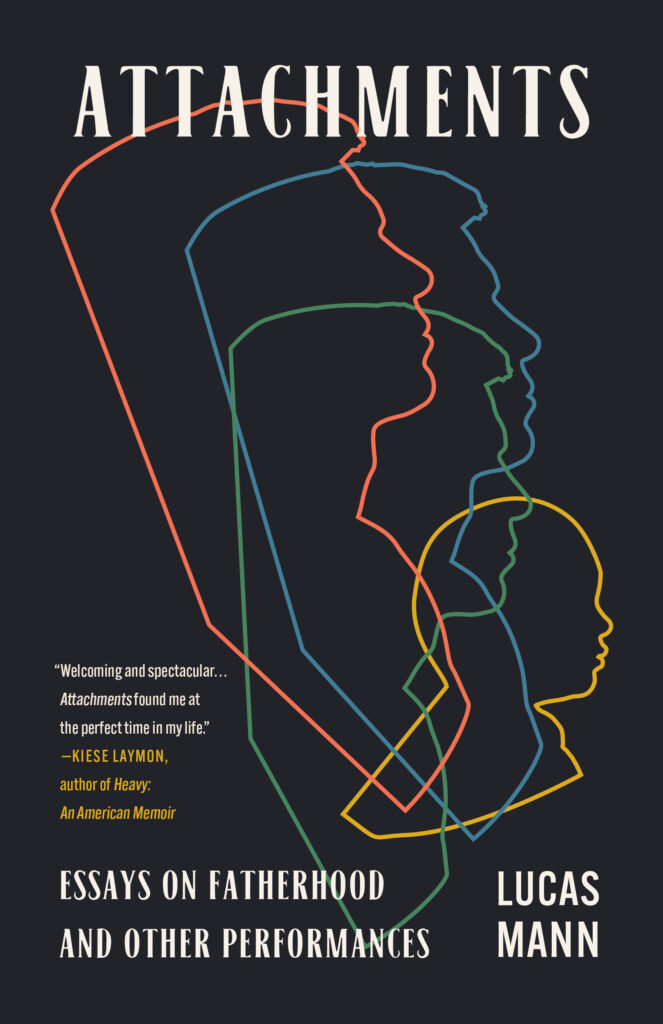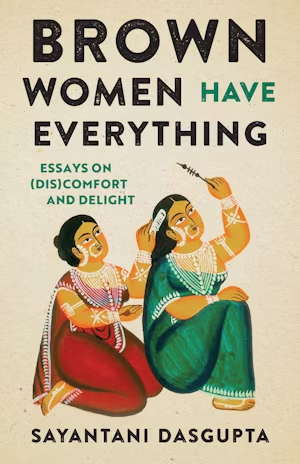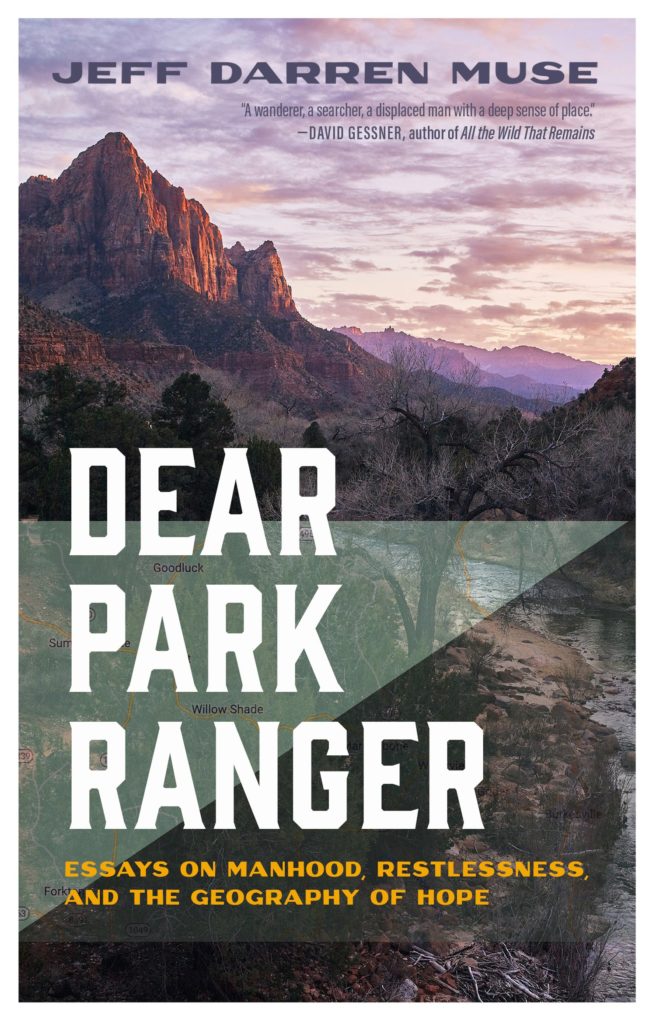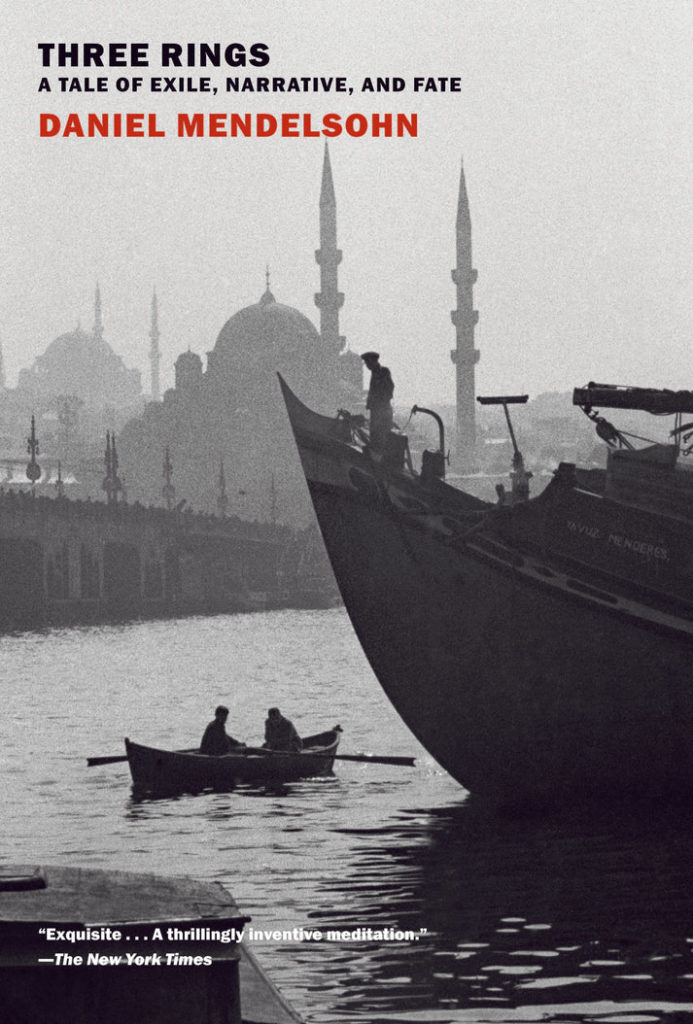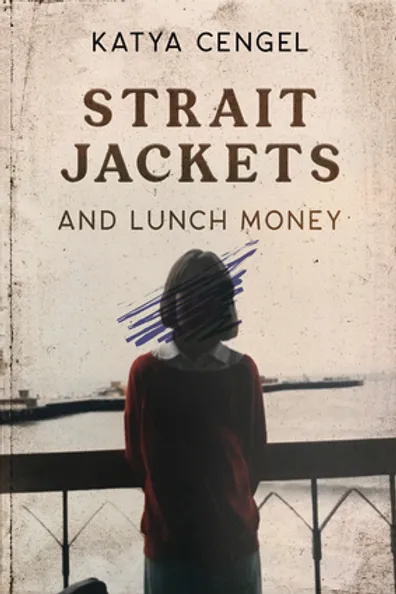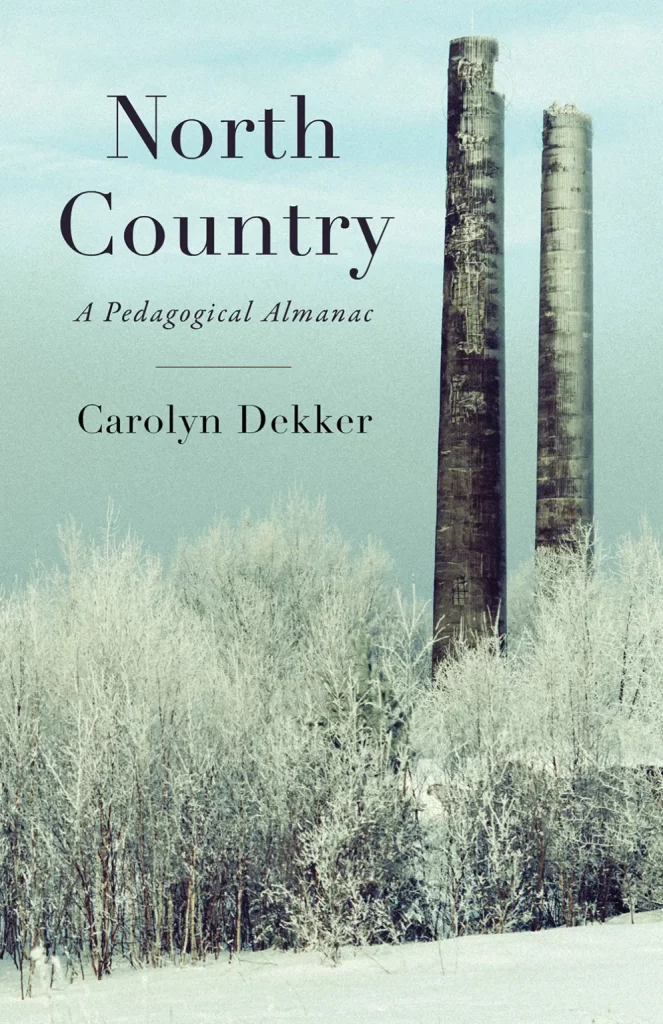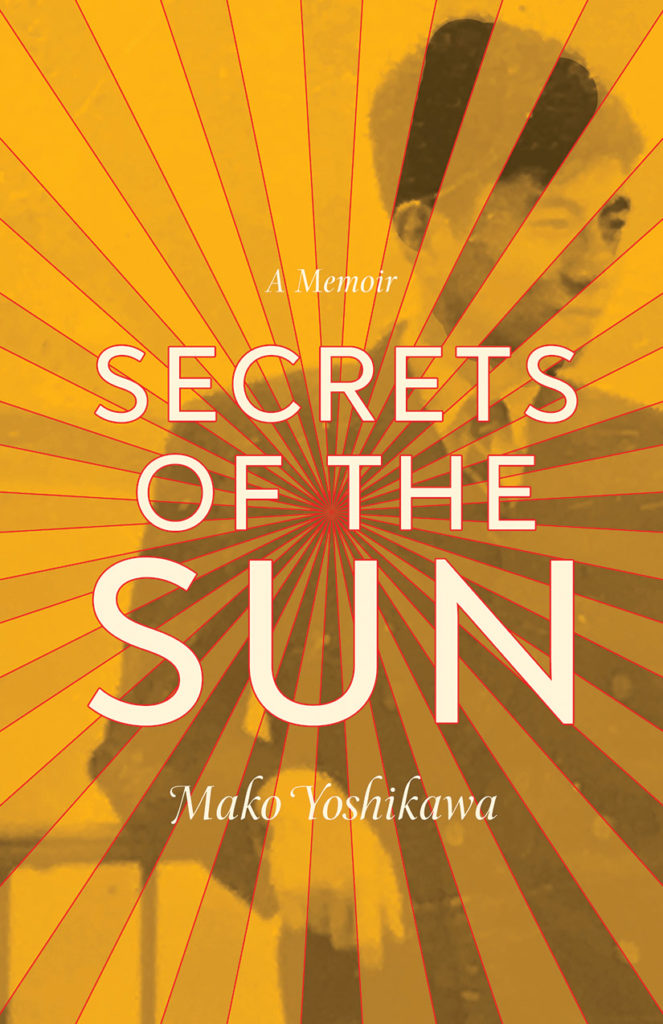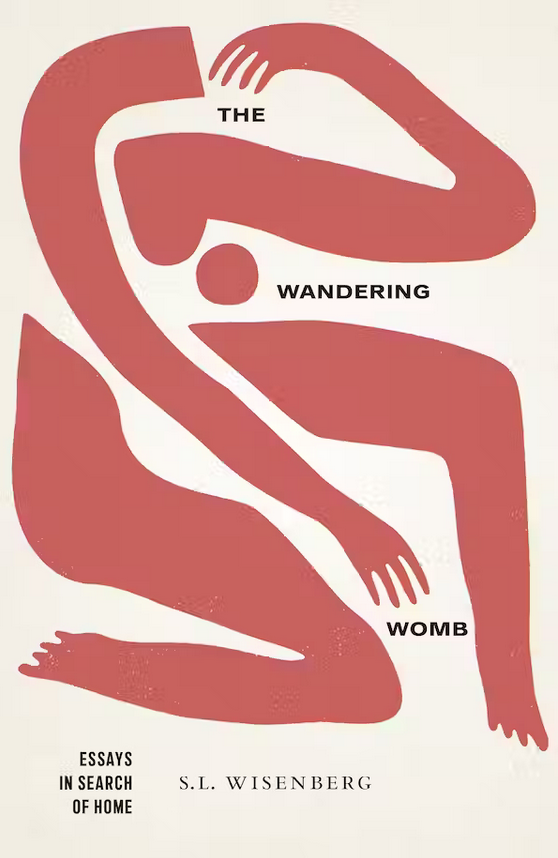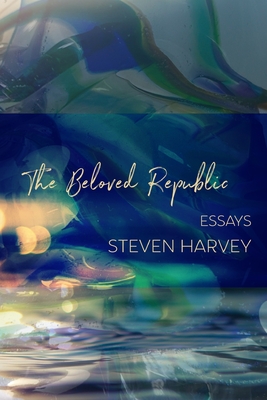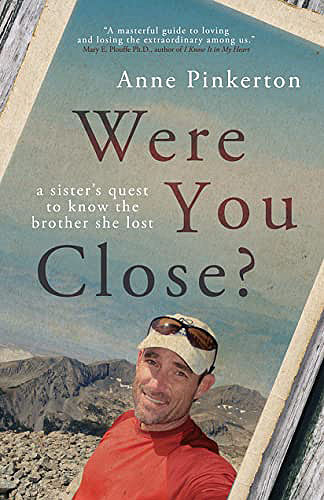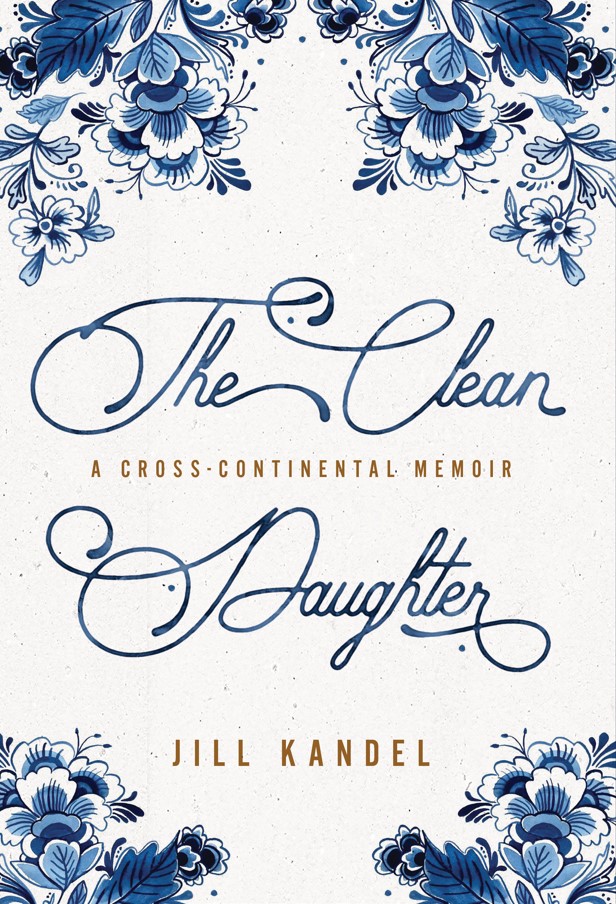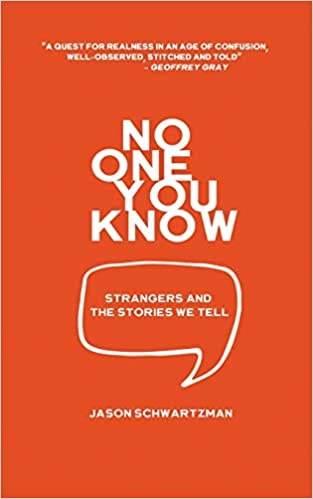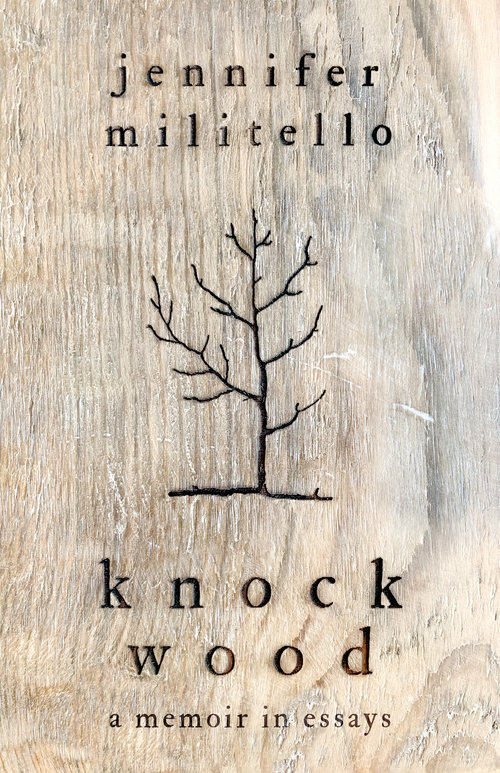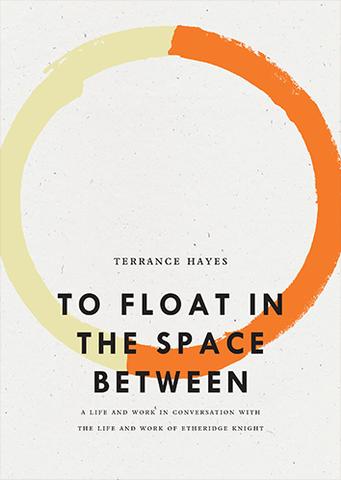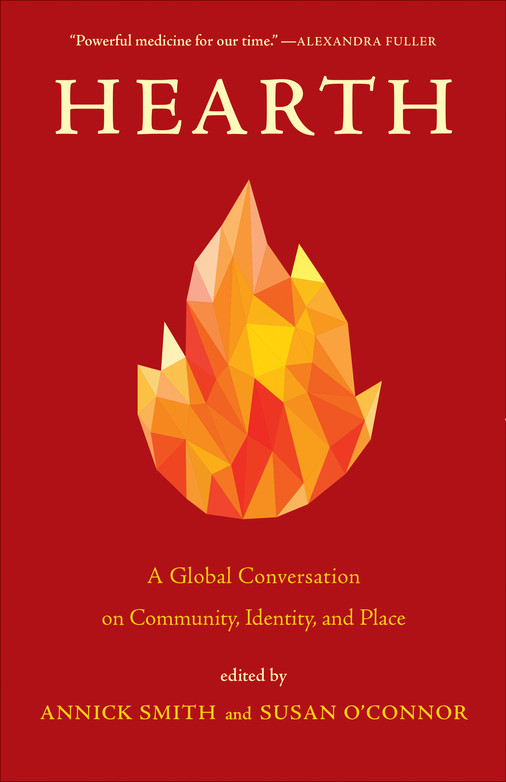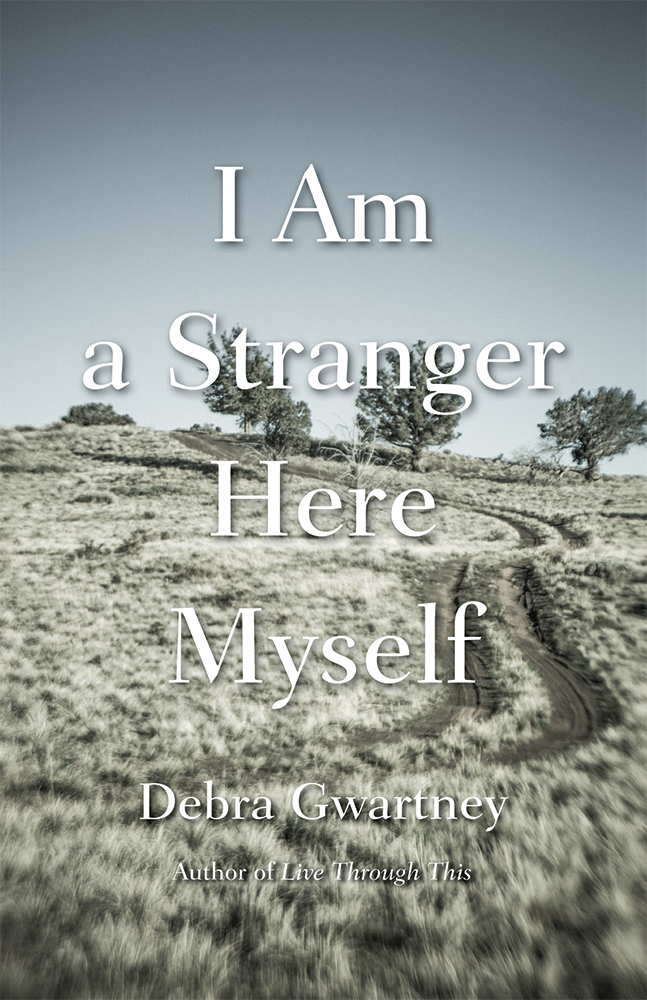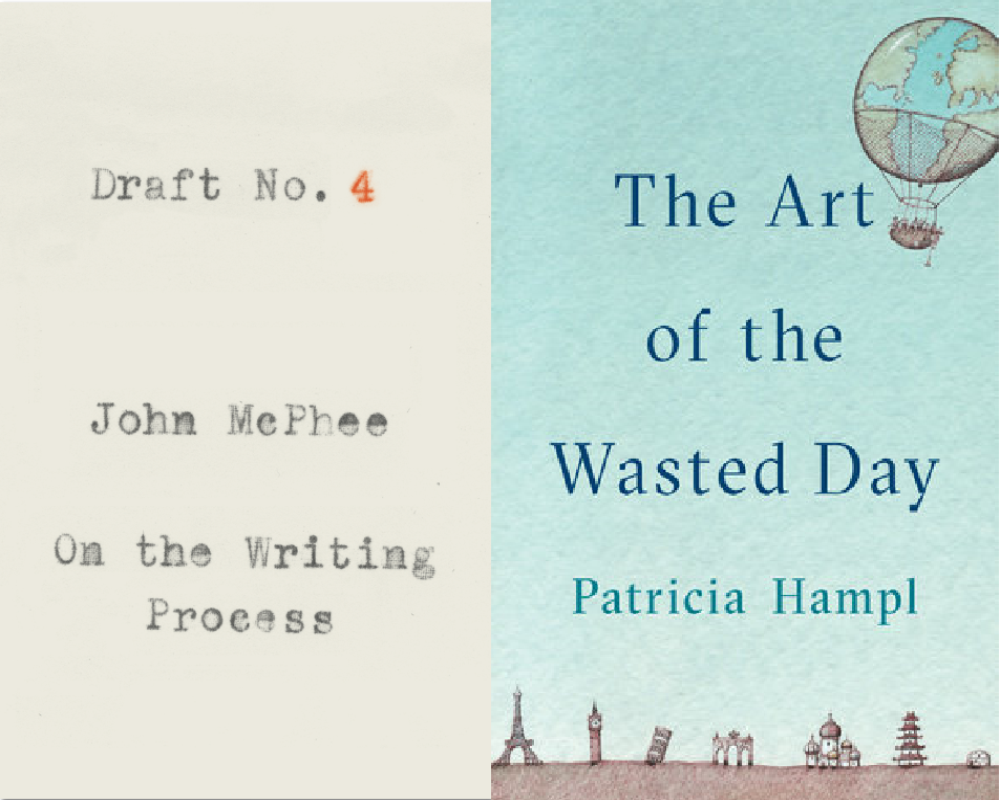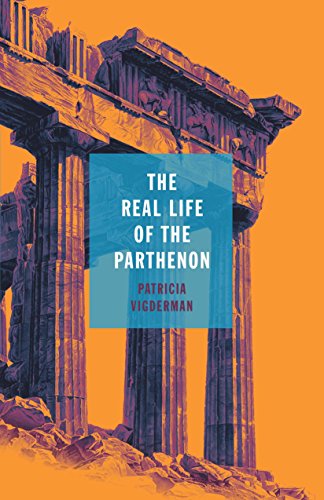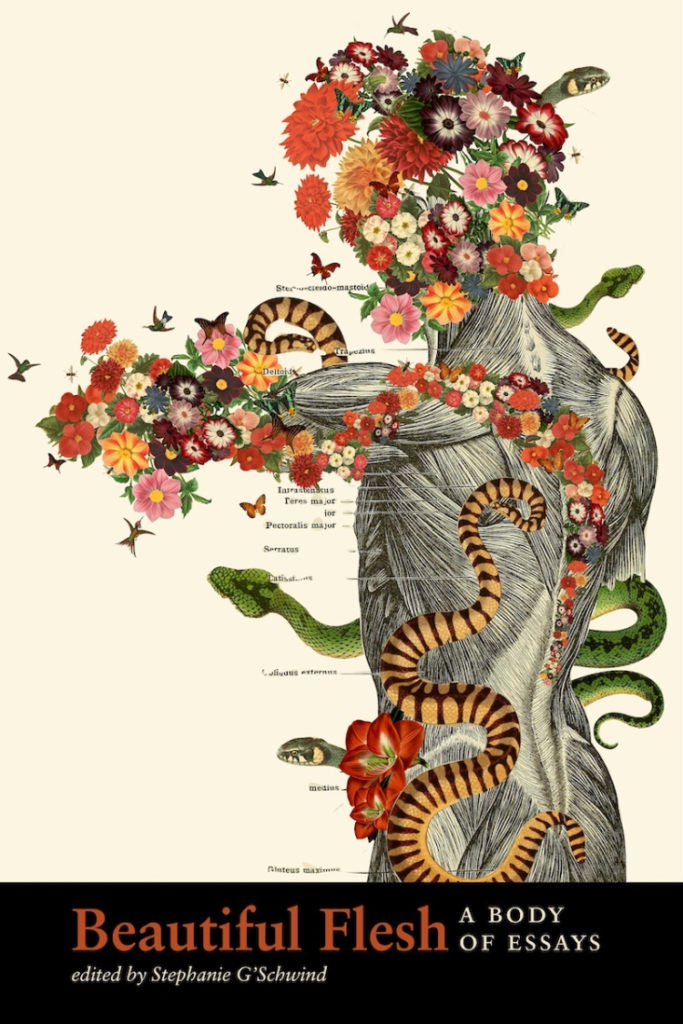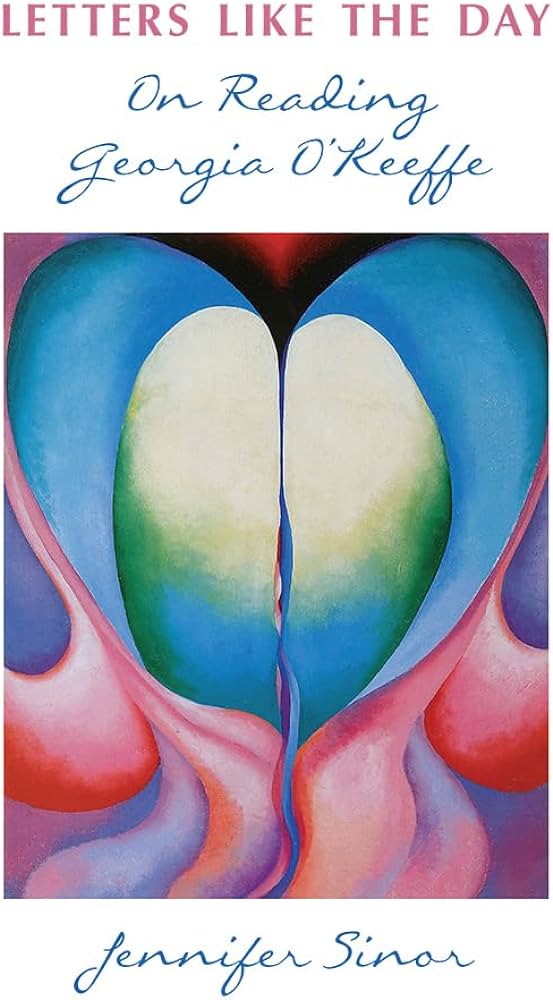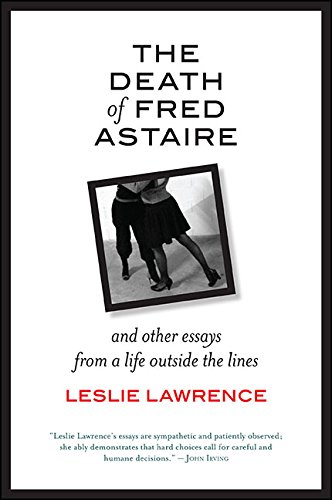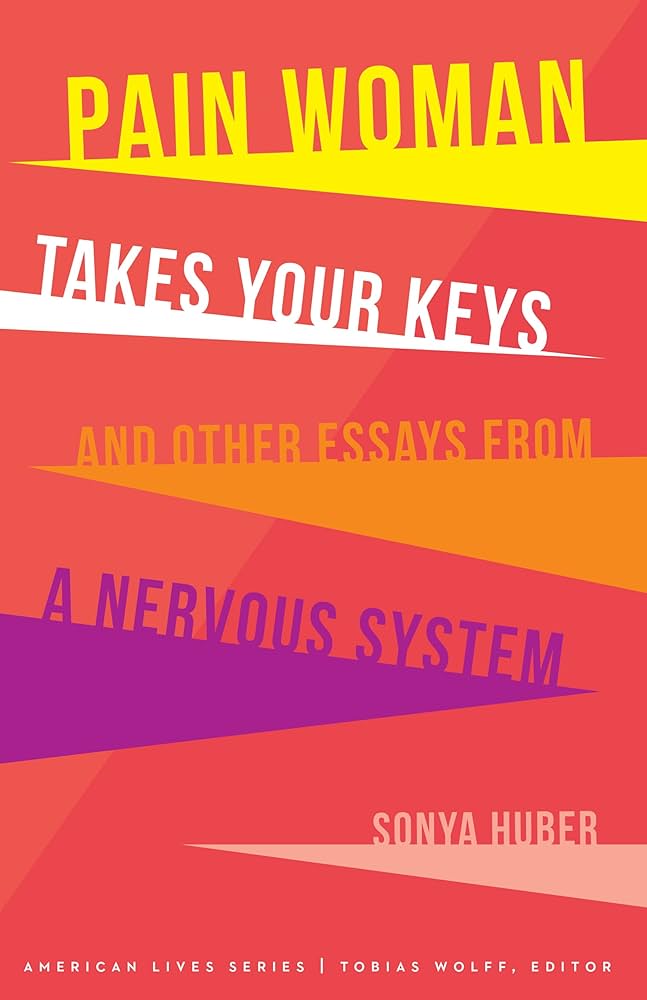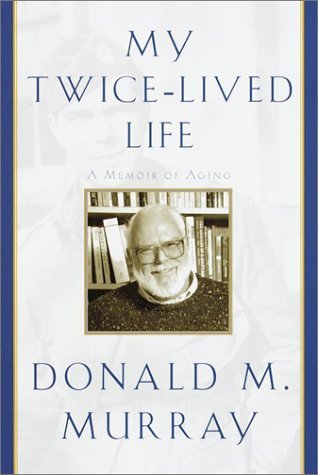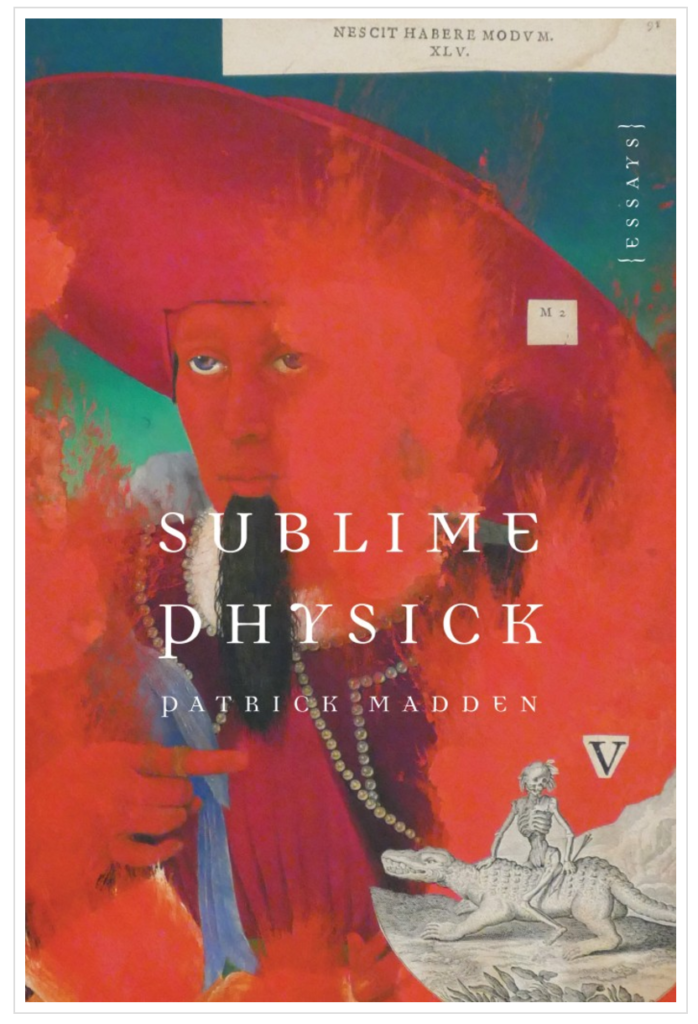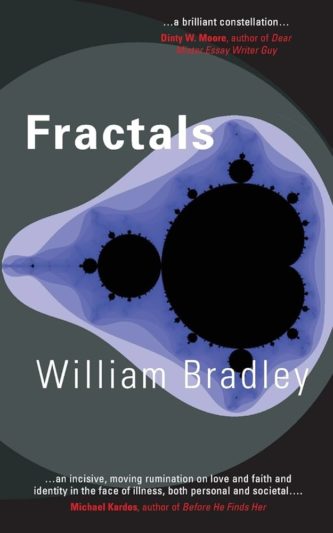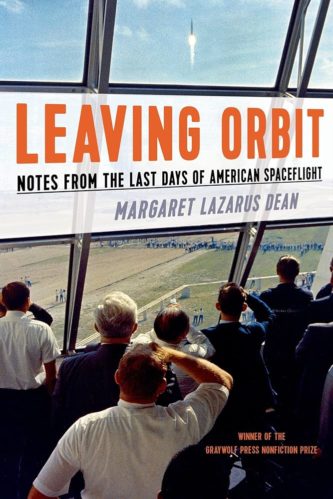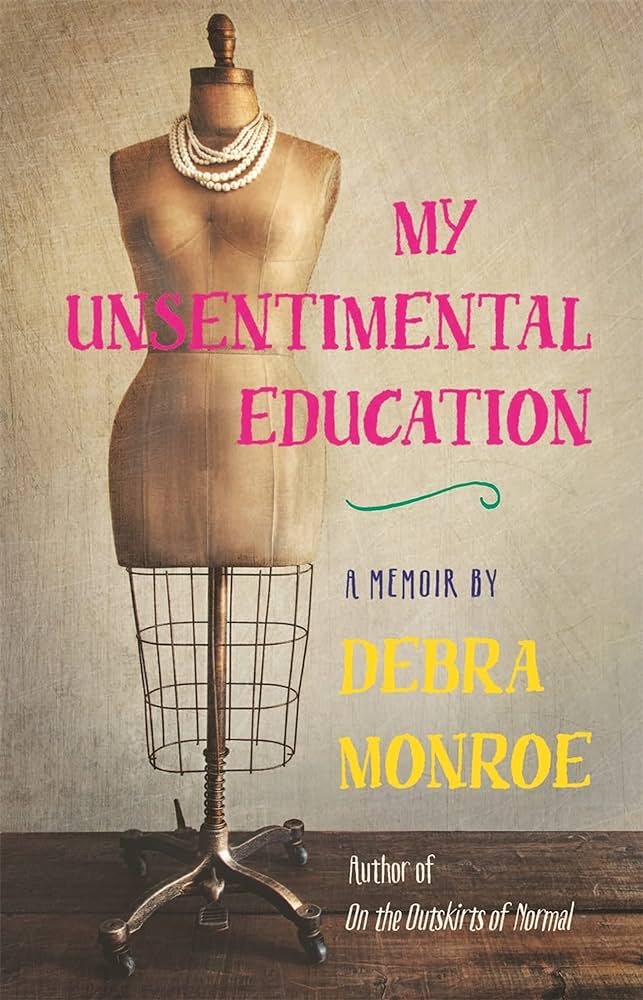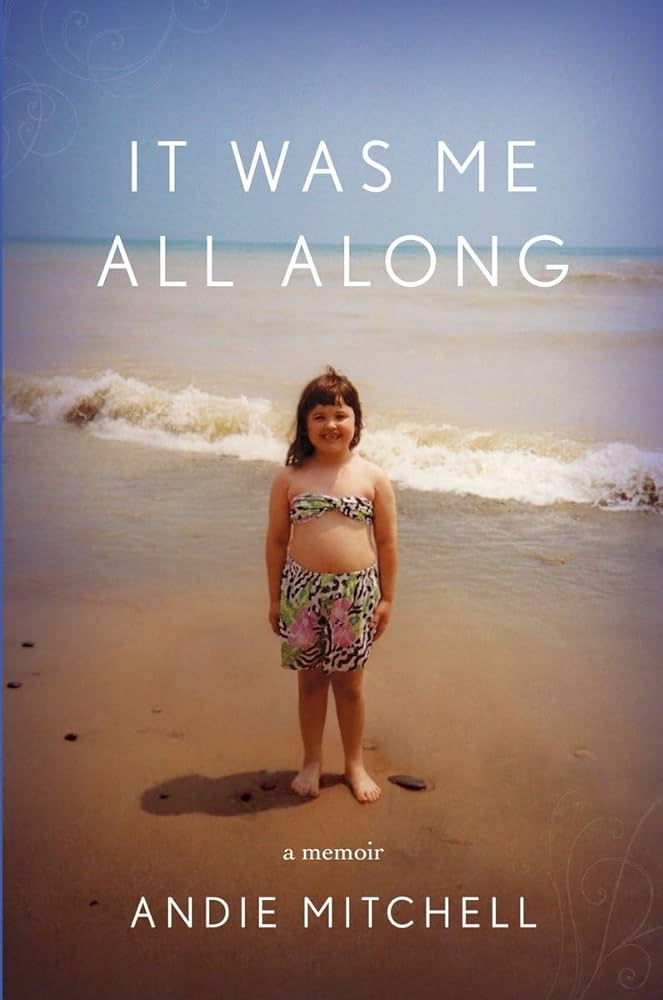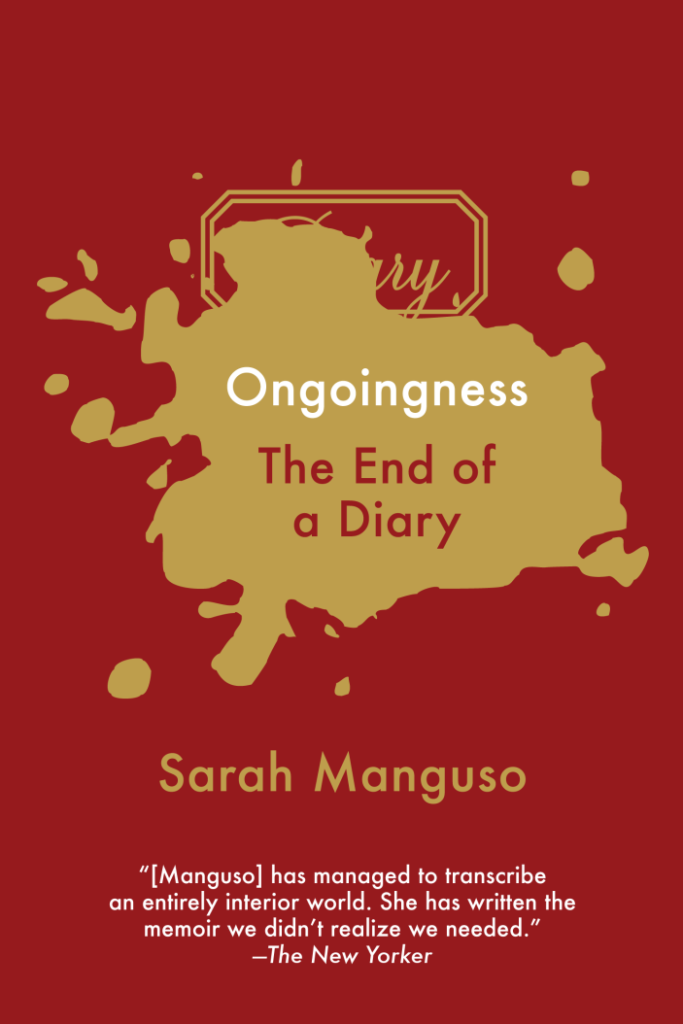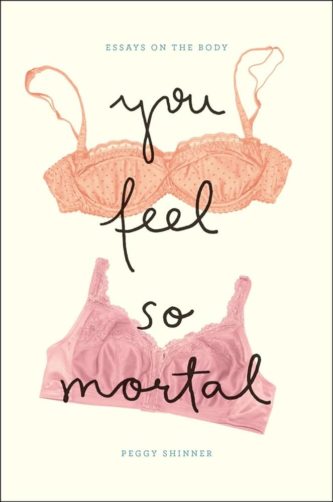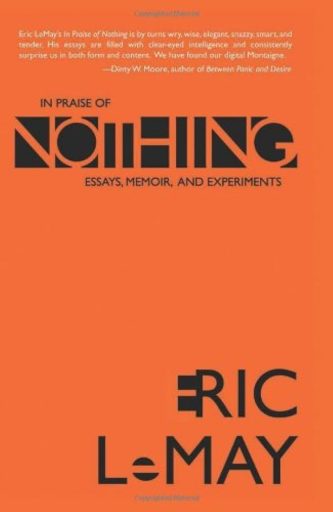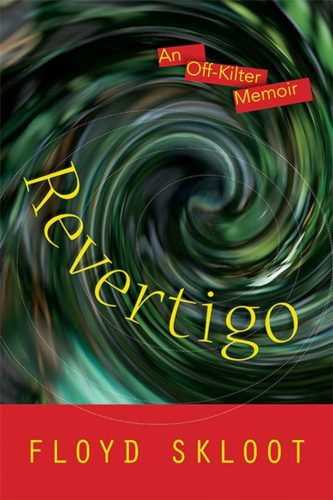By Renée E. D’Aoust
Heating & Cooling: 52 Micro-Memoirs by Beth Ann Fennelly
In On Writing Well: The Classic Guide to Writing Nonfiction, William Zinsser extols the memoir form: “For me, no other nonfiction form goes so deeply to the roots of personal experience—to all the drama and pain and humor and unexpectedness of life.” Zinsser suggests, “What gives [memoirs] their power is the narrowness of their focus.” “Narrowness” means the writer focuses on particular experiences and crafts their moment-to-moment being. Beth Ann Fennelly exemplifies this skill in her newly released slim and sublime Heating & Cooling: 52 Micro-Memoirs.
Best-known as a poet, Beth Ann Fennelly has recently been drawn to prose, though she eschews the traditional memoir arc in favor of a series of snapshots. The pieces in Heating & Cooling range in length from one sentence, not including the title, to six pages at the longest. Most pieces run two to three pages. Fennelly frames each snapshot, what she calls a “micro-memoir,” as if it were a photograph and then delivers a zinger turn-of-phrase, a surprising detail, or a heartbreaking anecdote. Through it all, Fennelly celebrates the humor of so-called mature love, and the first piece, “Married Love,” sets this theme: “In every book my husband’s written, a character named Colin suffers a horrible death. This is because my boyfriend before I met my husband was named Colin.”
Heating & Cooling: 52 Micro-Memoirs embraces the memoiristic essay as poetic statement. But, as the first example shows, these pieces read as prose—not poetry. Still, concise imagery and lyric lines infuse this work as in “One Doesn’t Always Wish to Converse on Airplanes”: “Their avarice was so unabashed that it was difficult to keep despising them, but I, large of righteousness and small of diamond, persevered all the way to Denver.” Within the space of four paragraphs, we admire a scuba-diving couple and then detest them. It’s the sort of turn that occurs time and time again in this book: Fennelly draws us in with her insight, and then suspends us with surprise.
By calling these “micro-memoirs,” she takes the stress off the “me” in “memoir” and, instead, emphasizes how much a few choice words can accomplish. Tension—sometimes, judgment—builds sentence by sentence, even in the two-sentence piece, “Why I’m Switching Salons”: “We can put on a topcoat with glitter,” said the manicurist. “We’ve noticed you like attention.”
“Returning from Spring Break, Junior Year at Notre Dame” is a one-sentence, pithy piece: “Swapped the rosary on my bedpost for Mardi Gras beads.” The title makes the piece possible by framing the season and Fennelly’s age as she transitioned from “rosary” to “Mardi Gras beads.” Perhaps, if one hasn’t visited Notre Dame’s campus, one doesn’t picture the setting: the enormous “Jump Up Jesus” on the outside wall of the library—Jesus overlooks the humongous football stadium—and the pathways that are straight lines, never labyrinths.
Across the Notre Dame campus, one sees, “Play like a champion today.” Apparently, the football players chant this before games. When I completed my MFA at Notre Dame, I used to change the expression to “Fail like a champion today.” No one ever laughed when I said it, though one colleague recognized Beckett. I grant that I bring a lot of my own graduate experience to Fennelly’s one-sentence piece, but it stands fully on its own, too.
First published in Brevity: A Journal of Concise Literary Nonfiction, “Salvage” takes us from the United States to Germany, and back, including twenty years earlier, to a quieter era when the purchase of a first car, a “black Cherokee,” also meant the establishment of an enduring family relationship. That initial car purchase—from her husband’s father, a “mechanic”—took Fennelly on a quest through her father-in-law’s junkyard, bringing her face-to-face with the remains of a single hair left by a woman in a car wreck: “Dangling from the spiderwebbed windshield, a clump of long blonde hair.”
Now eighty-two, Gerald, the mechanic father-in-law, is very much alive and in need of some new teeth. The passage below shows Fennelly’s ear for dialogue and her ability to move us with quotidian concerns:
New teeth, he’s been told, will set him back a pretty penny.
How much, we ask.
Sixteen thousand. He pauses. Wish I knew how much use I’d get out of ’em. He fiddles with his inhaler. How much longer I’ll be here below. How many meals I got left, you reckon?
Tommy, Tommy’s mom, and me: what can we do but shrug.
Don’t need a full set, he says, addressing the ceiling, as if bargaining. As if God’s scrap yard is lousy with spare teeth, all reasonable offers considered.
This, coming from a man who’s worked six days a week for over sixty years: All’s I need’s enough to chew a steak.
An “Addendum” to “Salvage” comes at the end of the book, and it’s a bite-sized gem: “Won a thousand dollars in a literary contest for one of these essays. Bought my father-in-law a tooth.” I hope she bought him a steak, too.
As I suggested at the beginning of this review, quoting William Zinsser’s classic text, the ability to write memoir is the ability to breathe the oxygen of a specific experience deeply. Zinsser suggests, “Memoir isn’t the summary of a life; it’s a window into a life, very much like a photograph in its selective composition.” Written with intense focus, Fennelly’s latest is just such a book, a treasure trove of snapshots. Beautiful, concise, and heart-pumping, Heating & Cooling is a must read. I loved it. It’s a book I’m going to carry, the way I used to carry Denis Johnson’s Jesus’ Son—and then Train Dreams—in my back pocket.
W.W. Norton
$13.95 Paperback | Buy Here!
Renée E. D’Aoust’s Body of a Dancer (Etruscan Press) was a Foreword Reviews “Book of the Year” finalist. She has received seven “Notable” listings in Best American Essays and three Pushcart Prize nominations. D’Aoust was a scholar at the NEH 2017 Summer Institute “City/Nature: Urban Environmental Humanities.” Recent publications include Los Angeles Review of Books, Rooted: The Best New Arboreal Nonfiction (Outpost 19), and Sweet: A Literary Confection. She is an AWP Writer to Writer mentor and managing editor of Assay: A Journal of Nonfiction Studies. D’Aoust teaches online at North Idaho College and Casper College. Follow her @idahobuzzy and visit www.reneedaoust.com.


